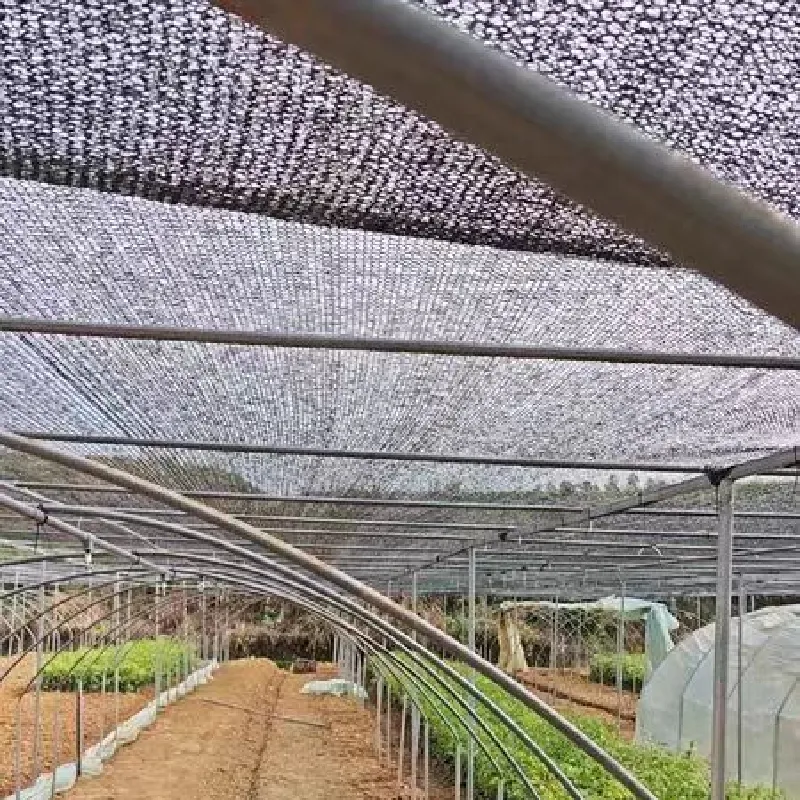-
 Afrikaans
Afrikaans -
 Albanian
Albanian -
 Amharic
Amharic -
 Arabic
Arabic -
 Armenian
Armenian -
 Azerbaijani
Azerbaijani -
 Basque
Basque -
 Belarusian
Belarusian -
 Bengali
Bengali -
 Bosnian
Bosnian -
 Bulgarian
Bulgarian -
 Catalan
Catalan -
 Cebuano
Cebuano -
 China
China -
 Corsican
Corsican -
 Croatian
Croatian -
 Czech
Czech -
 Danish
Danish -
 Dutch
Dutch -
 English
English -
 Esperanto
Esperanto -
 Estonian
Estonian -
 Finnish
Finnish -
 French
French -
 Frisian
Frisian -
 Galician
Galician -
 Georgian
Georgian -
 German
German -
 Greek
Greek -
 Gujarati
Gujarati -
 Haitian Creole
Haitian Creole -
 hausa
hausa -
 hawaiian
hawaiian -
 Hebrew
Hebrew -
 Hindi
Hindi -
 Miao
Miao -
 Hungarian
Hungarian -
 Icelandic
Icelandic -
 igbo
igbo -
 Indonesian
Indonesian -
 irish
irish -
 Italian
Italian -
 Japanese
Japanese -
 Javanese
Javanese -
 Kannada
Kannada -
 kazakh
kazakh -
 Khmer
Khmer -
 Rwandese
Rwandese -
 Korean
Korean -
 Kurdish
Kurdish -
 Kyrgyz
Kyrgyz -
 Lao
Lao -
 Latin
Latin -
 Latvian
Latvian -
 Lithuanian
Lithuanian -
 Luxembourgish
Luxembourgish -
 Macedonian
Macedonian -
 Malgashi
Malgashi -
 Malay
Malay -
 Malayalam
Malayalam -
 Maltese
Maltese -
 Maori
Maori -
 Marathi
Marathi -
 Mongolian
Mongolian -
 Myanmar
Myanmar -
 Nepali
Nepali -
 Norwegian
Norwegian -
 Norwegian
Norwegian -
 Occitan
Occitan -
 Pashto
Pashto -
 Persian
Persian -
 Polish
Polish -
 Portuguese
Portuguese -
 Punjabi
Punjabi -
 Romanian
Romanian -
 Russian
Russian -
 Samoan
Samoan -
 Scottish Gaelic
Scottish Gaelic -
 Serbian
Serbian -
 Sesotho
Sesotho -
 Shona
Shona -
 Sindhi
Sindhi -
 Sinhala
Sinhala -
 Slovak
Slovak -
 Slovenian
Slovenian -
 Somali
Somali -
 Spanish
Spanish -
 Sundanese
Sundanese -
 Swahili
Swahili -
 Swedish
Swedish -
 Tagalog
Tagalog -
 Tajik
Tajik -
 Tamil
Tamil -
 Tatar
Tatar -
 Telugu
Telugu -
 Thai
Thai -
 Turkish
Turkish -
 Turkmen
Turkmen -
 Ukrainian
Ukrainian -
 Urdu
Urdu -
 Uighur
Uighur -
 Uzbek
Uzbek -
 Vietnamese
Vietnamese -
 Welsh
Welsh -
 Bantu
Bantu -
 Yiddish
Yiddish -
 Yoruba
Yoruba -
 Zulu
Zulu
farm shade net
The Importance of Farm Shade Nets in Modern Agriculture
In recent years, agricultural practices have evolved significantly, with technology playing a vital role in enhancing productivity and sustainability. One of the most innovative tools contributing to these advancements is the farm shade net. These nets serve multiple purposes that make them invaluable in modern farming, particularly in regions with extreme weather conditions.
Farm shade nets are primarily designed to protect crops from excessive sunlight and heat. In areas where high temperatures prevail, the intense solar radiation can lead to damage or stunted growth of plants. By providing a shaded environment, these nets help regulate temperatures, allowing crops to flourish even in the hottest months. They are particularly beneficial for heat-sensitive plants such as lettuce, strawberries, and certain types of flowers, which may struggle to thrive under direct sunlight.
Moreover, the nets offer a layer of protection against adverse weather conditions such as hail or heavy rain. They act as a barrier that shields crops from physical damage, thereby reducing the risk of losses and ensuring better yields. This protective quality is especially critical in regions that experience unpredictable weather patterns. By investing in farm shade nets, farmers can safeguard their livelihoods and stabilize their production levels.
farm shade net

In addition to physical protection, shade nets can also serve as a deterrent for pests. Certain garden pests and insects are less likely to penetrate the shaded screens, which minimizes the need for chemical pesticides. This not only helps in protecting the environment but also promotes organic farming practices. Healthier crops result in safer produce, which is increasingly important to health-conscious consumers.
Another advantage of farm shade nets is their ability to conserve water. In sunny conditions, high evaporation rates can lead to significant water loss from the soil. By reducing the direct exposure of the soil to sunlight, the nets help maintain soil moisture levels, thus decreasing the frequency of irrigation required. This is particularly crucial in water-scarce areas where efficient water management is necessary for sustainable agriculture.
The versatility of farm shade nets also caters to various farming practices, including greenhouse farming, fruit orchards, and even nurseries. They come in various densities and materials, allowing farmers to choose the appropriate type that best suits their specific needs. This flexibility ensures that crops receive the optimal amount of sunlight and protection.
In conclusion, farm shade nets represent a modern solution to some of agriculture's biggest challenges. By providing protection from sun, pests, and adverse weather, they not only enhance productivity but also contribute to more sustainable farming practices. As climate change continues to impact agricultural landscapes globally, the adoption of such innovative tools will be crucial for ensuring food security and environmental health in the years to come.
-
Shipping Plastic Bags for Every NeedNewsJul.24,2025
-
Safety Netting: Your Shield in ConstructionNewsJul.24,2025
-
Plastic Mesh Netting for Everyday UseNewsJul.24,2025
-
Nylon Netting for Every UseNewsJul.24,2025
-
Mesh Breeder Box for Fish TanksNewsJul.24,2025
-
Expanded Steel Mesh Offers Durable VersatilityNewsJul.24,2025











